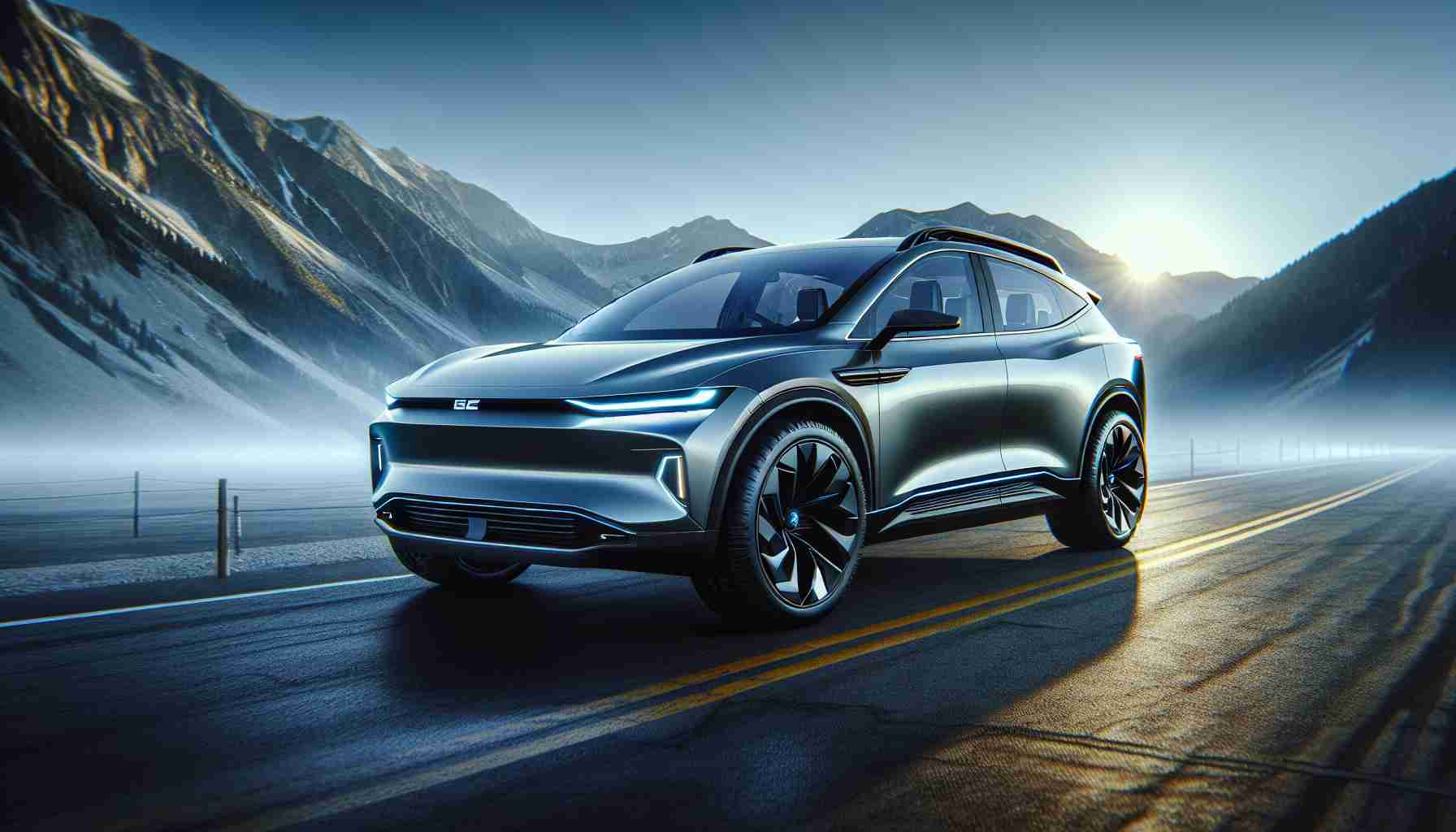Xiaomi Motors Takes Aim at Tesla’s Market with Upcoming SUV
The tech giant Xiaomi, originally renowned for its smartphones, has been rapidly expanding its presence in the electric vehicle (EV) industry. Following the triumphant debut of its SU7 sedan, Xiaomi sets its sights on a 2025 launch for its all-new electric SUV — a potential rival to the Tesla Model Y. This strategic maneuver signals Xiaomi’s intent to gain a firm foothold in the competitive EV sector and match strides with industry leaders like Tesla and other prominent Chinese manufacturers such as BYD, Nio, and Xpeng.
Xiaomi embarked on its electric odyssey with a $10 billion investment in 2021 and managed to capture the market’s attention with the SU7, an EV that achieved immediate success. Although specific details regarding the upcoming SUV remain under wraps, anticipation is building around this new addition to Xiaomi’s automotive lineup.
Xiaomi’s vehicle development has encompassed extensive research and planning that dates back to 2021, with the SUV shaped with a target competitor in mind: the Tesla Model Y. While the SUV’s actual name and specifications are not yet public, Xiaomi is gearing up for mass production to coincide with the expansion of their Beijing manufacturing plant’s capabilities. The facility’s ambitious goal is to ramp up to an annual production capacity of 300,000 vehicles.
The tech company’s foray into the automotive industry has already shown impressive consumer demand; the SU7’s sales figures skyrocketed with an astounding number of 50,000 orders placed within the first 27 minutes of availability. By the start of May, Xiaomi touted a backlog of over 88,000 orders, eclipsing initial expectations and challenging Tesla’s record-setting pace.
Alongside its SUV plans, Xiaomi is also developing another, more affordable EV model, intended to cater to the mass market with a rumored price tag in the vicinity of $20,000. This vehicle would mark the third entry in Xiaomi’s automotive portfolio, as the company diversifies its EV offerings to cater to a wider range of consumers.
Key Questions and Answers:
1. What is Xiaomi’s background in the EV industry?
Xiaomi is a multinational electronics company that made its entry into the EV market with a $10 billion investment in 2021. It’s mostly known for its smartphones and electronics but is now expanding into the automotive sector.
2. What is the significance of Xiaomi’s upcoming EV SUV?
The upcoming electric SUV signifies Xiaomi’s commitment to establishing itself as a serious contender in the EV market. It aims to compete with Tesla’s Model Y and other Chinese EV manufacturers, showing the increasing competition in the sector.
3. What are the expected capabilities of Xiaomi’s new Beijing manufacturing plant?
Xiaomi’s Beijing manufacturing plant aims to reach an annual production capacity of 300,000 vehicles.
4. How has the market responded to Xiaomi’s entry into the EV space?
The market has shown considerable interest in Xiaomi’s EVs, as evidenced by the 50,000 orders for the SU7 sedan received within just 27 minutes of its release.
Key Challenges or Controversies:
– The main challenge for Xiaomi will be breaking into a market dominated by Tesla and other established EV manufacturers. They will need to convince consumers of the quality and reliability of their vehicles.
– There may be controversies related to meeting the demands of environmental regulations, supply chain management for electric battery production, and intellectual property, especially as the technology and designs of EVs can be contentious points among competitors.
Advantages and Disadvantages:
Advantages:
– Xiaomi’s existing reputation for producing high-quality electronics might earn them consumer trust in their EV products.
– Venturing into the EV market aligns with global trends toward sustainable transportation and could also benefit from various government incentives for EVs.
– Xiaomi’s attempt to offer more affordable EV options could open the market to consumers deterred by the traditionally high prices of electric vehicles.
Disadvantages:
– As a new entrant in the automotive space, Xiaomi lacks the experience and might face significant engineering and manufacturing hurdles.
– The competition is not only with global leaders like Tesla but also with rapidly growing Chinese competitors like NIO and Xpeng.
– Maintaining a supply chain that can manage the high demand for EVs and the volatility of raw material costs could be an operational challenge.
For additional information about Xiaomi, you can visit their official website: www.mi.com
